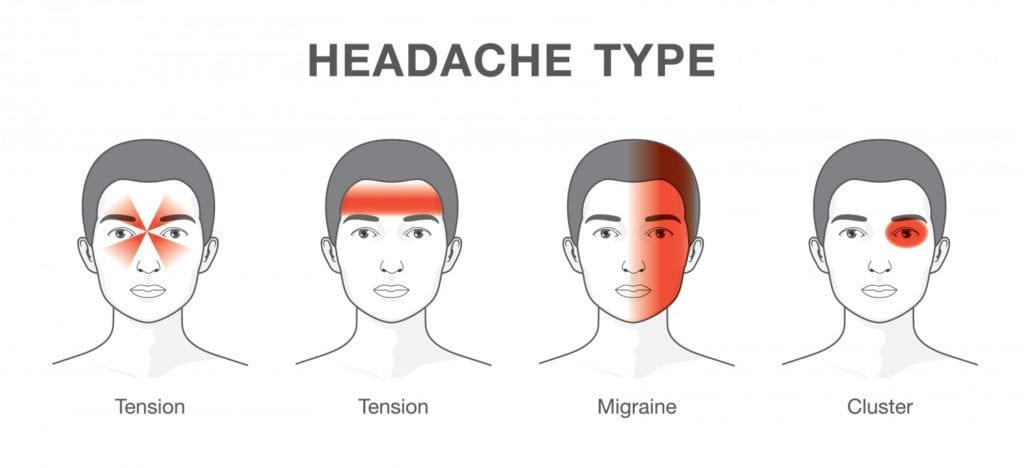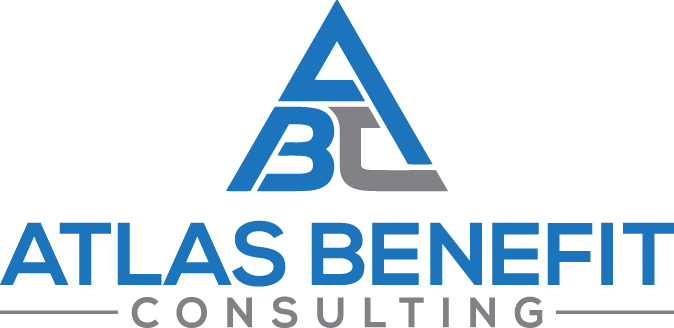
Image from Dr. Shehadi; visit his website for more headache information.
It is estimated that more than 37 million Americans suffer from migraine headaches. Veterans who have experienced a brain or head injury or who have been deployed are at a 3x higher than average risk of developing headaches and migraines. Women are also 2 – 3x more likely to suffer from migraines than men. (Read about the most common disability claims for veteran women here.)
What’s the Difference?
It can be tricky to tell if it’s a bad headache or a migraine. Many think that if you are experiencing a lot of pain or pressure, it has to be a migraine. Headaches can cause intense pain and pressure as well. The best way to determine what is going on is to be informed of what types of symptoms differentiate. In addition to head pain and pressure, migraines can also present the following symptoms:
- Longer duration- most migraines present symptoms for 4+ hours.
- Pain that is usually on one side of the head, behind one eye or ear, or in the temples. (Headaches are usually a pain and pressure around the forehead or scalp; or sinus area if it’s a sinus headache.)
- Sensitivity to sound. 76% of those who experience migraines are very sensitive to sound during the migraine.
- Tingling, weakness, or numbness in the extremities.
- Sensitivity to light. 80% of those suffering from migraines report sensitivity to light.
- A change in sense of smell. Typically this shows up as strong odors (food, scented items, smoke, etc) becoming especially offensive. About 50% report a change in sense of smell during a migraine.
- Stomach upset. 70% experience nausea or vomiting during a migraine.

Visit Top10remedies site to learn more!
Steps to Help Prevent Migraines
- As always, start by seeing your medical provider and let them know what’s going on.
- Eat wholesome foods like fruits, vegetables, and lean protein. Avoid processed, fried, packaged foods as much as possible. Don’t miss meals.
- Drink a lot of water. Hydration is super important!
- Reduce strain on eyes as much as you can. Take regular “eye breaks” from using tablets, computers, phones, or watching a screen. Have regular eye checks and wear glasses or contacts if needed to help eye strain.
- Get plenty of good shuteye. Consistent sleep patterns are most helpful, so going to bed and waking up at around the same time each day is helpful.
- Say no to caffeine or alcohol in the afternoon hours before sleep.
- Make sure you don’t have a vitamin deficiency. The best way to check this is to see a doctor and have your levels checked or be guided through starting a new vitamin protocol. Vitamin D, Magnesium, and Riboflavin (also known as Vitamin B2) are the 3 most common deficiencies seen in those who struggle with migraines.
- Incorporate more foods high in Riboflavin into your diet, such as poultry, spinach, broccoli, asparagus, eggs and whole grains.
- Ask about acupuncture or massage therapy that is specifically for migraine sufferers.
How the VA rates Migraines
A service connection is established after meeting these three criteria:
- A current diagnosis of migraine headaches
- An in-service injury, event, trauma or illness
- Medical nexus linking the migraines to one of the service events
VA rates migraine headaches under Neurological Condition and Convulsive Disorders, Diagnostic Code 8100. Disability ratings range from 0 to 50 percent, based on the severity and frequency of the migraines:
-
- 50% – with very frequent completely prostrating and prolonged attacks productive of severe economic inadaptability
- 30% – with characteristic prostrating attacks occurring on an average of once a month over the last several months
- 10% – with characteristic prostrating attacks averaging one in two months over the last several months
- 0% – with less frequent attacks
Posturing means the migraines are severe enough that they require the veteran to lay down for an extended time period due to pain and weakness.
Read our blog post “Get an Accurate Rating for Headaches or Migraines” for even more information and support!
Before You Go
- Make sure you are seeking treatment and lifestyle changes for your migraines! The tips and steps listed above and medical treatment have been shown to be effective for many migraine sufferers.
- Connect with one of our veteran disability consultants about your ratings, at no expense to you.
- Check out our Google reviews to see what our veteran clients say about working with us!

